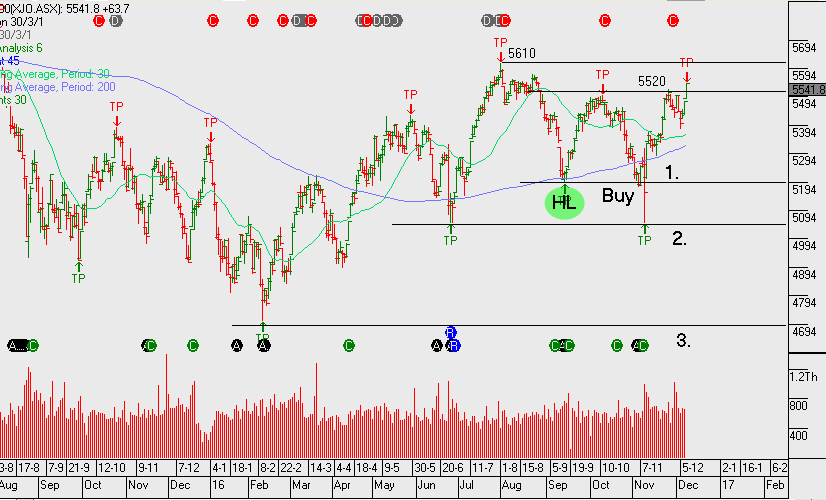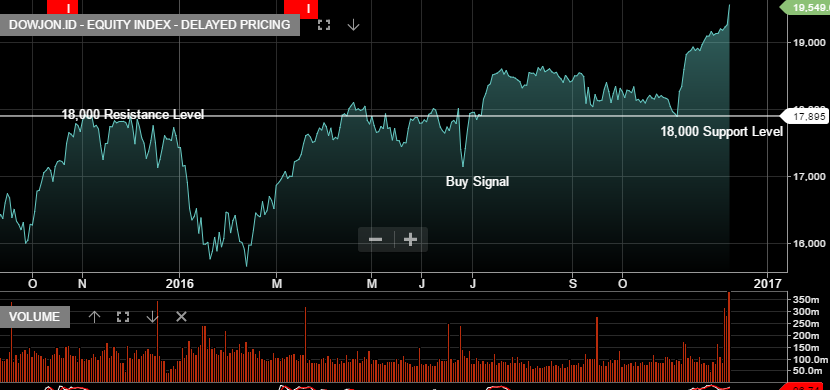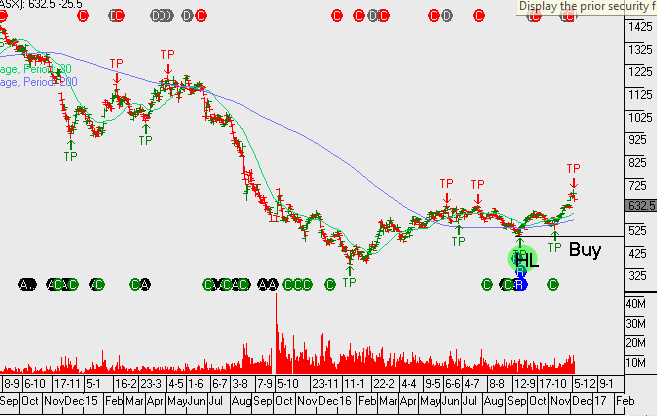European Central Bank (ECB)
US stocks rose to fresh highs overnight, extending gains as the European Central Bank (ECB) said it would extend the duration of its stimulus program but reduce the monthly volume.
Both US and European stocks initially sold off as investors concluded the bank was tapering its program of quantitative easing , but reversed quickly during Mario Draghi’s press conference. The ECB chief made clear that the extension of the program by 12 months would add more stimulus even though the monthly purchase rate would drop from €80 billion per month to €60 billion per month. This pencils out to €560 billion in fresh stimulus compared to the market’s expectations €480 billion.
The Stoxx Europe 600 index gained 1.2% to close at its highest level since January.
Looking forward, we see the ECB decision as generally positive for the ongoing bullish theme for G-7 stock markets.



